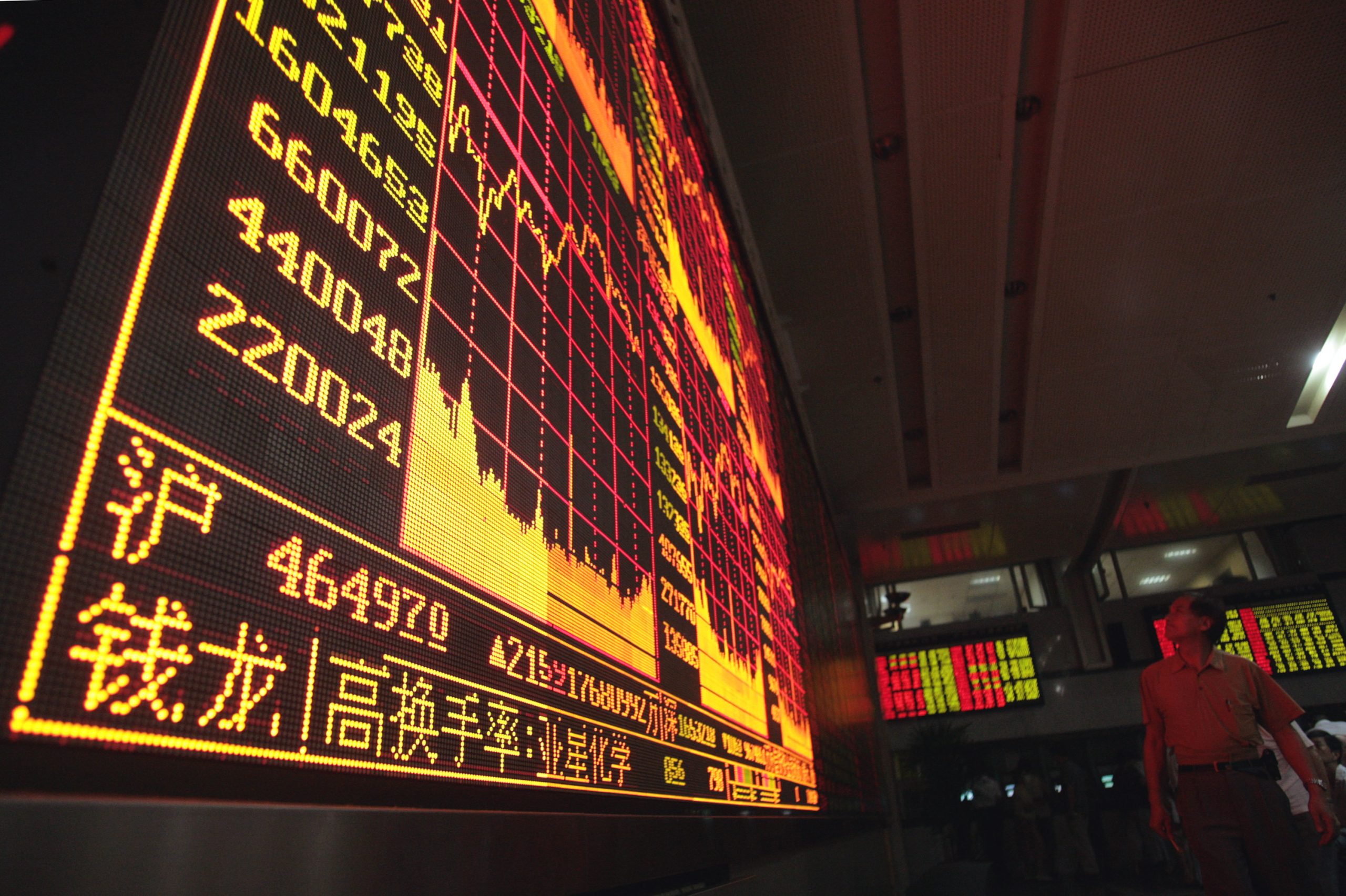Investment
Negative Yields, Shrinking Unicorns and More Challenges for 2020

(Bloomberg Markets) –Risk took on some surprising shapes in 2019. People stood up to governments. Negative yields rattled the bond market. Passive funds overtook the stockpickers. Leverage peaked, unicorns deflated, and illiquidity destroyed fund managers.
Here we hope to offer some insights to help prepare you for the perils of 2020.
Major Assets Climb
A global rally lifted almost every boat. Long strategies made money through most of the year. Stocks, bonds, and commodities had positive returns. Only in industrial metals and the zero-sum game of spot currencies did major assets post losses. —Eddie van der Walt
Read: How a Math Whiz Built a $700 Million Fortune Without Humans
The march of the unicorns onto Wall Street met with mixed results. Ride-sharing giants Uber Technologies Inc. and Lyft Inc. have seen their market caps shrink since their last-known private-market valuations. But public investors warmly received plant-based protein company Beyond Meat Inc. and others. One big startup never made the trip: We Co., the parent of office-sharing company WeWork, was once valued at $47 billion. In September it canceled a planned initial public offering amid heavy scrutiny of its losses and corporate governance. —Michael Regan
Concern over the possibility of a U.S. recession mounted in 2019, culminating in a brief but anxiety-inducing inversion of the yield curve. As the yield on the 10-year Treasury dipped below that of the two-year, something else happened, too: The value of negative-yielding bonds—which effectively cost a buyer money to hold—surged. By the end of August, investors held more than $17 trillion in such bonds, according to the Bloomberg Barclays Global Aggregate Bond Index, indicating that investors will pay to store their wealth in a way they consider safe. Most of the increase came from European Union and Japanese government bonds. (Japan’s central bank has maintained a negative benchmark rate since 2016.) As fears over a slowdown abated, so did some of the negative-yielding debt. By mid-November, it was a little more than $12 trillion—still well above where it started the year. —Mark Glassman
Passive Funds Overtake Active Managers in the U.S.
The balance of power in investing shifted in August when investors held more money in low-fee passive U.S. equity funds than in funds managed by old-fashioned stockpickers. There’s still more than $4.3 trillion in actively managed U.S. equity mutual funds, but the trend seems irreversible amid growing cost consciousness. Average fees per $100 of passive equity funds fell to 10¢ last year, compared with 70¢ for active funds, according to Morningstar Inc. The new order has been decades in the making, dating to the 1970s when Vanguard Group started the fee race to the bottom. In 2018, Fidelity Investments offered the first zero-fee mutual fund. The record bull market has cast further doubt on whether active managers can consistently beat indexes net of expenses. —John Gittelsohn
Read: Abu Dhabhi calls entrepreneurs for next chapter of social incubator on mental health
Leverage Built on Hope
Private equity firms piled more debt onto the balance sheets of the companies they bought in 2019 as borrowing stayed cheap. But behind that rising leverage was another worrying sign: A growing share of underlying profit estimates relied on optimistic accounting adjustments that project earnings that may not materialize. So the debt will become even more burdensome if earnings fall short. —Sally Bakewell and Shannon Harrington
Bad Bets Bring Down Celebrated Investors
The collapse of the empire led by the U.K.’s best-known stockpicker, Neil Woodford, rocked the asset management industry and raised questions about the safety of funds offering a daily entry or exit. In 2017 he began loading up on less liquid small caps to improve performance. In 2019 he failed to sell securities fast enough to meet redemptions. In June, his flagship fund blocked clients from pulling money, an unprecedented move by a retail equity investment firm, drawing scrutiny from regulators. Woodford was ousted in October and shut his company.
Read: EU plans $3.9 billion fund for startups in ‘Valley of Death’
His fall highlighted the risks of fund managers moving into hard-to-sell assets. In 2018, GAM Holding AG suspended bond manager Tim Haywood after a probe into his illiquid holdings, triggering outflows and forcing GAM to block withdrawals and liquidate funds. H2O Asset Management LLP was hit by huge redemptions by clients concerned about investments in unrated bonds. —Nishant Kumar
-

 Banking & Finance1 month ago
Banking & Finance1 month agoOman Oil Marketing Company Concludes Its Annual Health, Safety, Environment, and Quality Week, Reaffirming People and Safety as a Top Priority
-

 News2 months ago
News2 months agoReport: How India & The Middle East Are Exploiting Immense Economic Synergies
-

 Uncategorized2 months ago
Uncategorized2 months agoOman’s ISWK Cambridge Learners Achieve ‘Top in the World’ and National Honours in June 2025 Cambridge Series
-

 News1 month ago
News1 month agoJamal Ahmed Al Harthy Honoured as ‘Pioneer in Youth Empowerment through Education and Sport’ at CSR Summit & Awards 2025
-

 Economy2 months ago
Economy2 months agoPrime Minister of India Narendra Modi to Visit the Sultanate of Oman on 17-18 December
-

 News2 months ago
News2 months agoIHE Launches Eicher Pro League of Trucks & Buses in Oman
-

 Economy2 months ago
Economy2 months agoOman’s Net Wealth Reaches $300 Billion in 2024, Poised for Steady Growth
-

 News2 months ago
News2 months agoLiva Insurance Honored with ‘Insurer of the Year’ Award for 2025


























